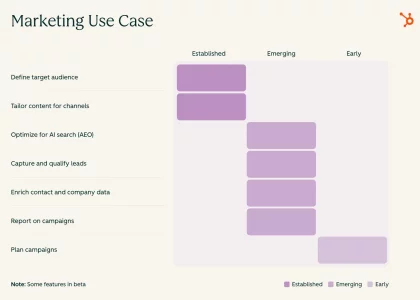A generation ago, the Generals ruled. General Motors, General Foods, General Mills, General Dynamics… they were big, and they had a lot to lose. As a result, people trusted them to show up and keep their promises–it just wasn’t worth letting a few people down at the risk of their reputation. The same was true for folks like Mr. Peanut, Mr. Coffee and Mrs. Butterworth. They might not be royalty, but they had a valuable slot on the store shelf, and they weren’t about to blow it.
The path was difficult but simple: earn trust, generate word of mouth, gain market share and then fame. A few million dollars in TV ads couldn’t hurt.
Over time, we came to associate fame with trust.
Social media presented a shortcut to some. Hack your way to fame and don’t worry about trust. Assume that people will give you the benefit of the doubt simply because they’ve heard of you.
And now, people in many lines of work, people who were trained to know better, are finding the pull of this shortcut irresistible. It’s tempting to trade credibility for fame.
When the hustle increases, it goes from ‘trust leads to fame (sometimes)’ to ‘fame despite untrustworthy behavior.’
The simple question worth asking is: That piece of media or interaction or investment you’re making–is it to earn trust or simply find attention?
It’s a race to the bottom, and my guess is that you’d rather not win.
This is cyclical. The audience might not be smart in the short run, but over time, we figure it out. Well-earned trust might go out of style for a while, but it’s always going to be a useful tool.




